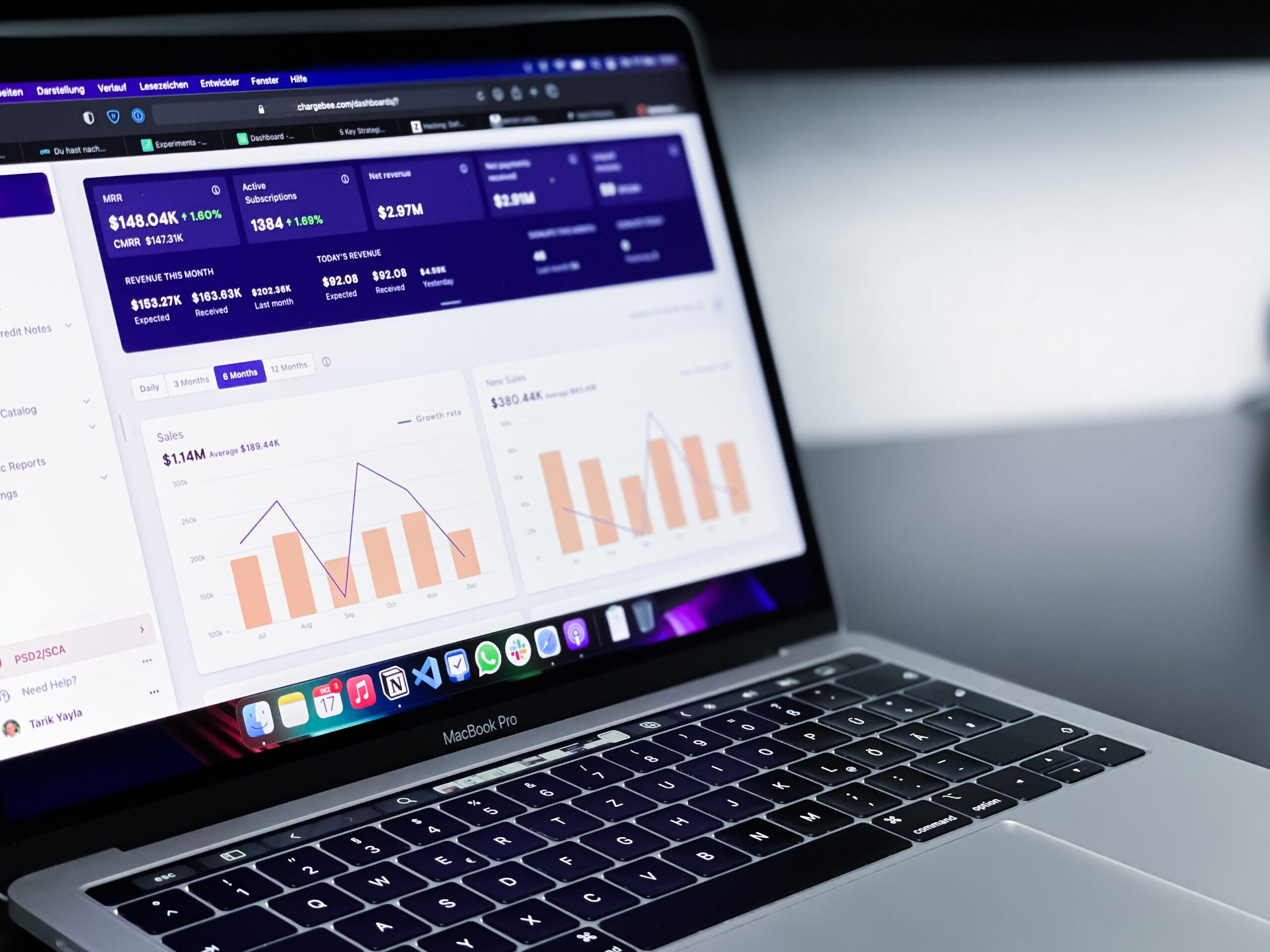Analytics plays a crucial role in digital marketing by providing businesses with valuable insights and data to measure the success of their campaigns. In today’s highly competitive online landscape, understanding the significance of analytics is essential for businesses looking to optimize their marketing efforts and stay ahead of the curve.
One of the primary benefits of analytics in digital marketing is the ability to track and measure key performance indicators (KPIs). With analytics tools, businesses can monitor various metrics such as website traffic, conversion rates, click-through rates, and customer engagement. These insights allow marketers to identify what strategies are working and what areas need improvement.
Analytics also provides businesses with a deeper understanding of their target audience. By analyzing demographic data, user behavior, and preferences, marketers can create more targeted and personalized campaigns. This helps in delivering the right message to the right audience at the right time, increasing the chances of conversion and customer satisfaction.
Furthermore, analytics enables businesses to make data-driven decisions. By analyzing the performance of different marketing channels and campaigns, marketers can allocate their resources effectively and optimize their marketing budget. This ensures that businesses are investing in strategies that yield the highest return on investment (ROI).
Another advantage of analytics in digital marketing is the ability to track and measure the effectiveness of social media campaigns. With social media analytics, businesses can gain insights into engagement, reach, and audience sentiment. This information allows marketers to refine their social media strategies and create content that resonates with their target audience.
In conclusion, analytics is an indispensable tool in digital marketing. It empowers businesses to measure the success of their campaigns, gain insights into their target audience, make data-driven decisions, and optimize their marketing efforts. By leveraging analytics effectively, businesses can stay competitive and achieve their marketing goals in the ever-evolving digital landscape.





